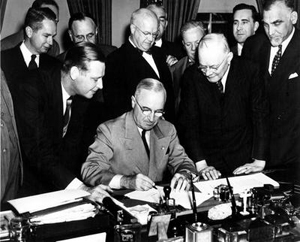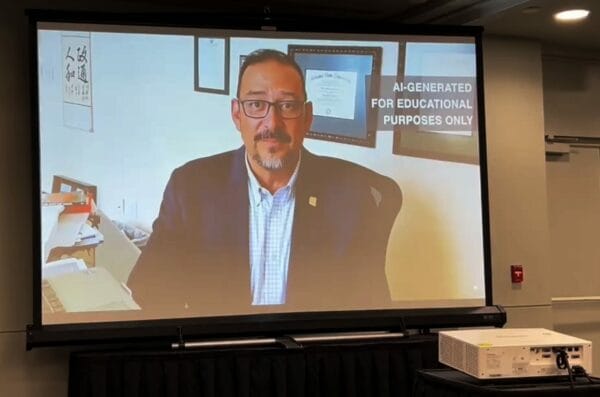
A new 5-4 ruling from the U.S. Supreme Court could make it more difficult for employees to file costly Fair Labor Standards Act (FLSA) lawsuits that involve multiple plaintiffs (i.e., a collective action), but its applicability remains unclear.
If a single individual’s FLSA claim is satisfied – through an offer of judgment, for example – then her lawsuit is resolved, regardless of whether the plaintiff had filed the lawsuit on behalf of herself and other plaintiffs to be named later, the Supreme Court ruled April 16 in Genesis Healthcare Corp. v. Symczyk, +2013 U.S. LEXIS 3157 (2013). In this way, a well-timed offer of judgment could potentially allow an employer to prevent a single-plaintiff lawsuit from expanding into a multi-plaintiff collective action.
However, Justice Elena Kagan questioned whether the ruling has any real world applications because it is unlikely an individual claim would ever become moot before a court could certify an FLSA collective action. “Feel free to relegate the majority’s decision to the furthest reaches of your mind: The situation it addresses should never again arise,” she wrote in a dissenting opinion.
The Supreme Court did not resolve whether an unaccepted offer of judgment makes a claim moot. Federal appeals courts continue to be split on this issue.
Additional Resources
Offer of Judgment Moots Single Plaintiff’s Claims in FLSA Collective Action Lawsuit
If you’d like to discuss employment or health care law, contact David Weissman, director of the Rose Law Group Employment Law and Managed Health Care Law Practice, dweissman@roselawgroup.com











